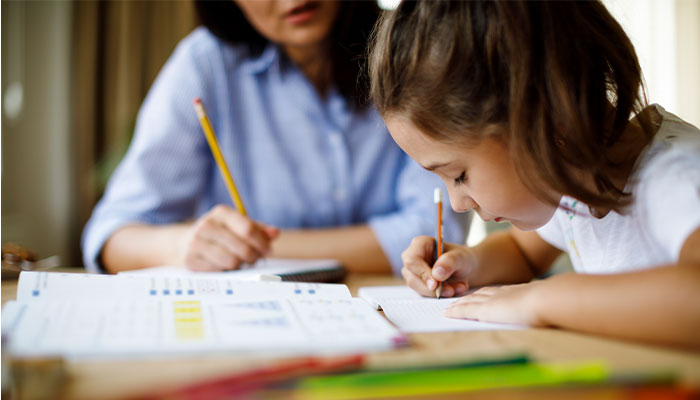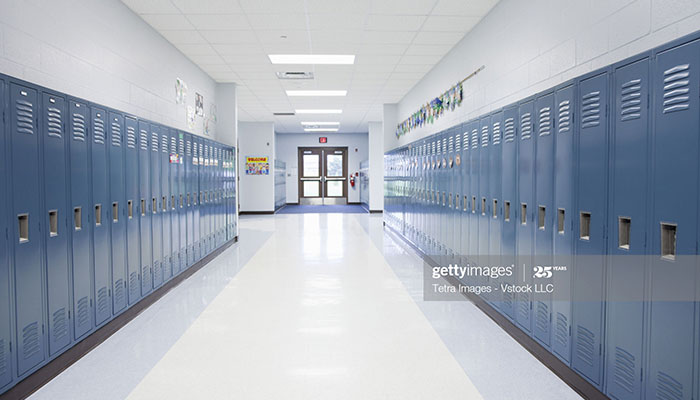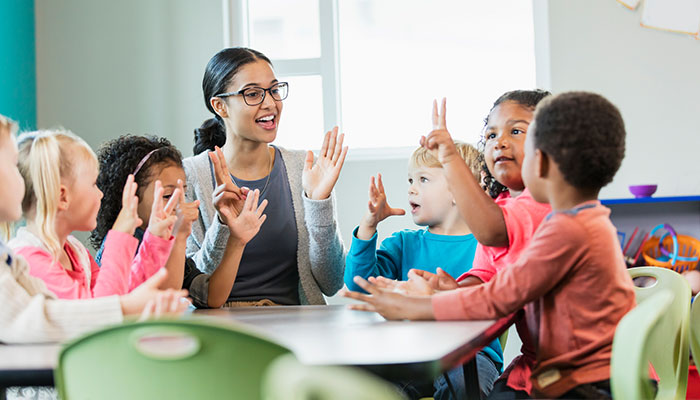Amid concern that social distancing is impossible to enforce in schools, dozens of private schools have shut down in NSW and Victoria. Although government schools are currently open, they may also close at some point, following the example of 30 countries, including the UK, Italy and Canada.

Dr Gemma Sicouri, from Macquarie’s Centre for Emotional Health, is already coping with two children at home while she carries on her academic research.
She says the impact of school closures will be different for every family on a practical and psychological level but so far, there’s very little research on the impact of school closures on children’s overall wellbeing.
“We do know it can impact children's academic achievement and the quality of teacher-student relationships. Also their social connections,” she says. “We need to focus our resources, as a family and as a society, to minimise the psychological impact on children.”
They might be sad, anxious and overwhelmed and parents play an important role in supporting them.
The first step is to acknowledge school closures are a major life change and this could lead to a grief or a loss response.
“Conversely, my child is out of school and is super excited, but this may change over coming weeks, especially as the uncertainty continues about their return to school and seeing their peers,” says Sicouri.
Students in years 11 and 12 are likely to have particular worries around how it will affect their HSC.
“They might be sad, anxious and overwhelmed and parents play an important role in supporting them and validating how they are feeling.”
Make a plan
The next step is to problem solve and make a structured plan to deal with the 'new normal' and involve the children in the process, she says. Giving children, and particularly teens, a say will help to give them a sense of control and empowerment.

This will include how you are going to buy food and get basic needs met, as well as how to continue their study and have time for physical exercise, play, family time, screen time, chores and socialising with peers remotely.
Establishing a daily routine reinstates some control in your lives in this uncertain situation.
“Routine helps to reduce anxiety in children as they learn what to expect. It also helps to reduce unrealistic expectations, such as playing video games or being on social media throughout their time at home,” she says.
For primary school children, scheduling virtual face-to-face time with peers may give them something to look forward to and help them stay socially connected, Sicouri adds.
“Other options are to connect with friends by writing a letter, taking photographs or drawing a picture and sending a photograph of it to their peers.”
Teens will also be connecting with their peers through social media, but it is important that they rely on credible sources of information about the coronavirus.
Empowering children to take some role in their own learning is really important too. For example, many schools already have Google Classroom or similar online platforms in place so they can continue their curriculum.
In addition, there’s a wealth of online resources which can support children’s interests. Museums are a great place to start: the Australian Museum, virtual tours at the British Museum and the Smithsonian Institution in Washington DC. Google Arts and Culture lets you explore amazing historic sites globally.
Take time out
Parents also need to take care of themselves. Draw boundaries to ensure your child knows you need time to do your work, your chores and have time for your own leisure activities too. Make time to connect with other parents and your child’s teacher for support and to share ideas.
- Why can you see the sun and the moon at the same time?
- Tips for teen years from a former police negotiator
And don’t be too rigid with your timetable or routine, because then that can just create stress when you feel you’re not succeeding, she says.
“Have an idea of the tasks you want to get through in the day, or structure your day with one or two morning activities and an afternoon activity with breaks in between. Factor in time for fun weekly activities too, such as a movie night.
"Being fluid with your plans is more realistic and acknowledges you and your child’s efforts for doing the best you can in these exceptional circumstances,” she says.
Dr Gemma Sicouri is a Research Fellow in the Macquarie University's Department of Psychology.



